How Does The Stock Market Perform When Interest Rates Rise?
Interest rate fluctuations can send ripple effects throughout the economy. They also affect the stock market and today, we are going to tell you whether rising interest rates are a good thing or not.
Firstly, let’s learn about the repo and reverse repo rates, which are decided by the Monetary Policy Committee.
what is Repo Rate
Whenever you borrow money from a bank, the transaction attracts interest on the principal amount. In the same way, banks also borrow money from the Reserve Bank of India during a cash crash.
Just like how we have to pay interest, banks are also required to pay interest to the Central Bank. This interest rate is called the repo rate.
Repo stands for ‘Repurchasing Option’ or ‘Repurchase Agreement’. It is an agreement between the lenders and RBI.
The banks take overnight loans from the RBI and provide securities such as treasury bills. There is also an agreement to repurchase these securities at a predetermined price. Using this agreement, the lenders get the cash required for several operations and the RBI gets the security.
Reverse Repo Rate
Now, let’s imagine the RBI borrows money from banks and they have to pay it back with interest. This interest rate is called the reverse repo rate.
But why would the Central Bank need money? When there is excess liquidity in the market, RBI takes out money from the overall system by borrowing money from lenders. But why would banks want to lend money to the RBI? They do that in order to benefit from the interest for their holdings with the RBI.
Hike In Interest Rates
In August, the RBI increased the repo rate by 50 basis points to 5.40%. The repo rate is now higher than the pre-pandemic levels of 5.15%.
This move by the Indian Central Bank came after the U.S Federal Reserve raised interest rates by 75 basis points for the second straight month in July-end.
But why are the interest rates hiked by RBI? When inflation is high, RBI tries to reduce the flow of money in the economy.
The RBI attempts to make borrowing expensive for businesses and industries by increasing the repo rate. This will reduce investment and money supply in the market. This in turn will restrict the economy’s growth and control inflation.
When the reverse repo rate is increased, banks deposit their surplus funds with RBI to gain interest.
Hence, the money flow is reduced from the economy and the value of the rupee is boosted. Inflation is also controlled by increasing the reverse repo rate.
Impact Of Rate Hikes On Stock Market
Interest rate changes do not directly affect the stock market but can have a trickle-down effect that, in some cases, affect stock prices.
When we look at historical data, we can see that the stock market indexes only declined during three rate hike cycles, showing how there is not much of a correlation between interest rate hikes and falling markets.
Generally, interest rate hikes affect liquidity and therefore, business growth. This causes investors to worry. However, rate hikes don’t hurt every sector equally.
Rate hikes can help certain sectors, such as financial stocks. If you are in the business of lending money, higher rates mean higher margins.
However, increasing rates tend to hurt growth stocks, like technology startups. In uncertain markets, investors will reach out to stable companies, such as commodities, indices’ stalwarts, and established tech firms.
These companies tend to pay dividends, which insure some growth even if the share price declines. Usually, high-growth companies put their cash into expanding the business, and they tend to churn through money, so high borrowing costs can hurt their growth.
Also, when interest rates are high, investors tend to keep their money in fixed deposits or fixed-return assets.
Hence, high-interest rates lower domestic participation in stock markets, as investors in India do not feel the need to take any risk and best on equity markets.
On the other hand, low-interest rates in the U.S and other markets drive foreign institutional investors to risky assets in emerging markets.
In The End…
Hike in interest rates affects business and the economy. They also affect the stock market but it is hard to predict its movement.
Historically, the market has increased most of the time after the RBI has hiked interest rates. But, any movement in the stock market depends on several factors, including the economic conditions, interest rates in the US, and movement in the other markets.
Even if the rate hike affects the stock market, it doesn’t affect all the stocks equally.
If you are a beginner, it is a good idea to not time the market and do stock picking. For all the newbies, we strongly recommend SIPs (Systematic Investment Plans) in mutual funds as they will help you go through the market volatility without much of a big scratch.
If you are looking for an investment option that isn’t affected by interest rate changes, head over to Koshex and create an account with us today.
Koshex has safe investment and saving instruments such as Debt Mutual Funds, Digital Gold, and Corporate Fixed Deposits, and you can choose the one that suits your financial goals. Sign up for free today.

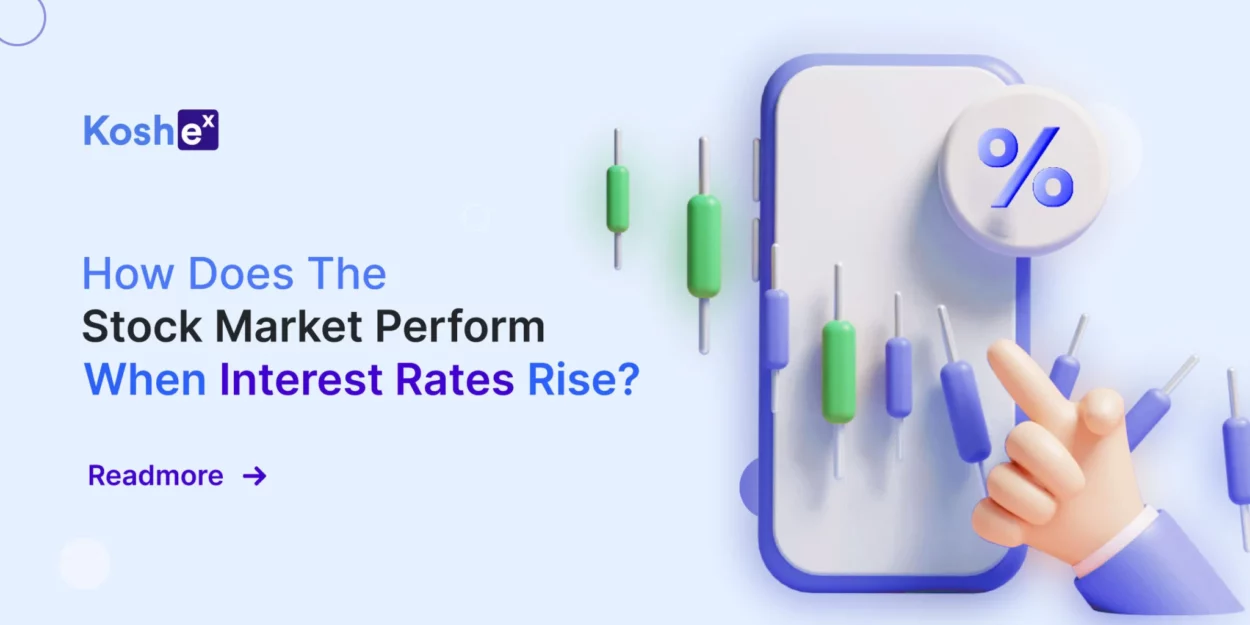
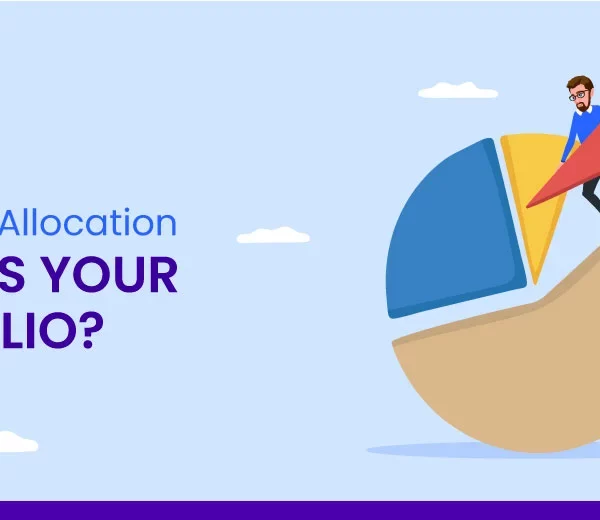
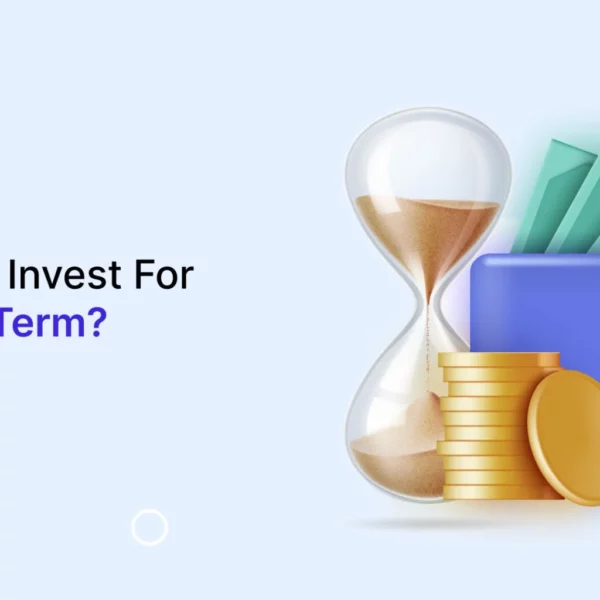
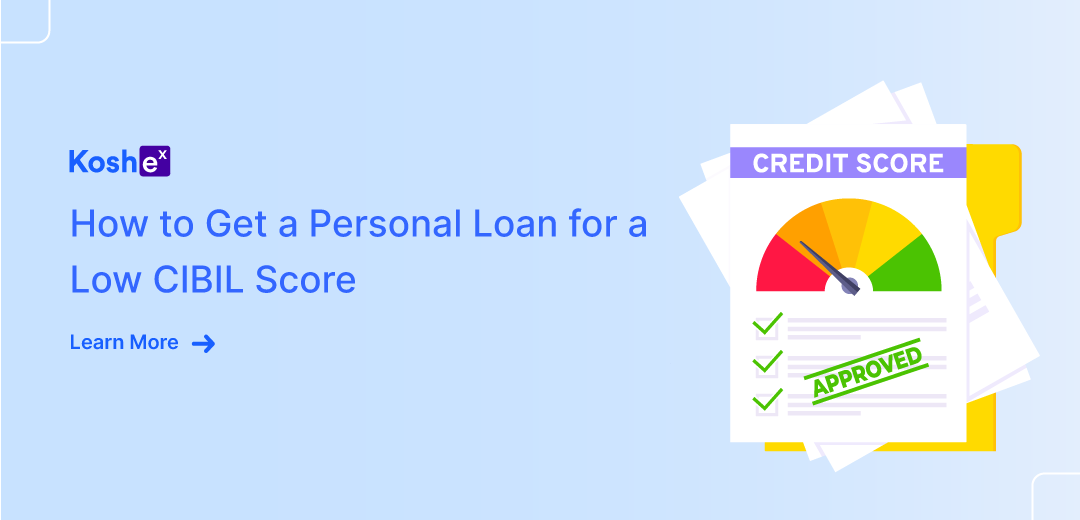
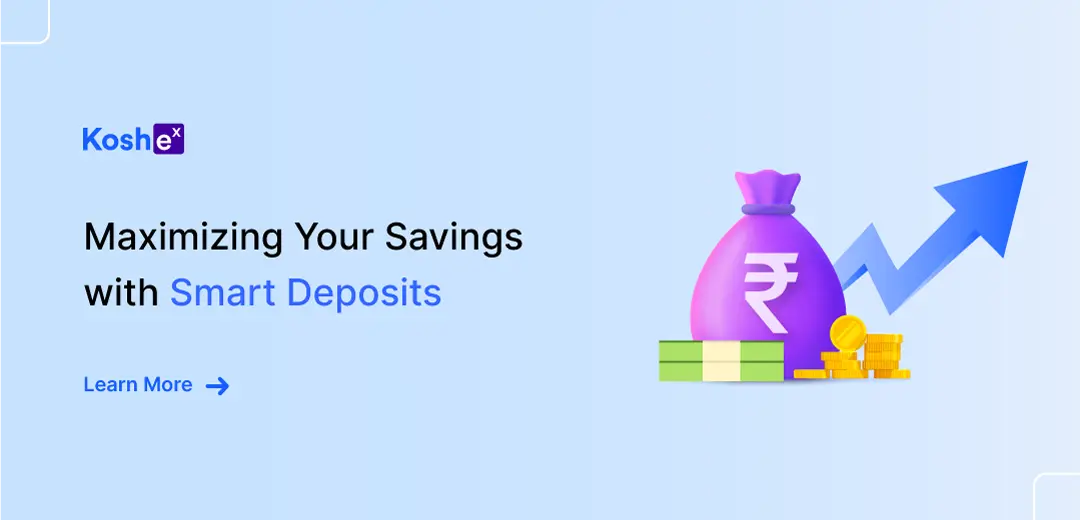
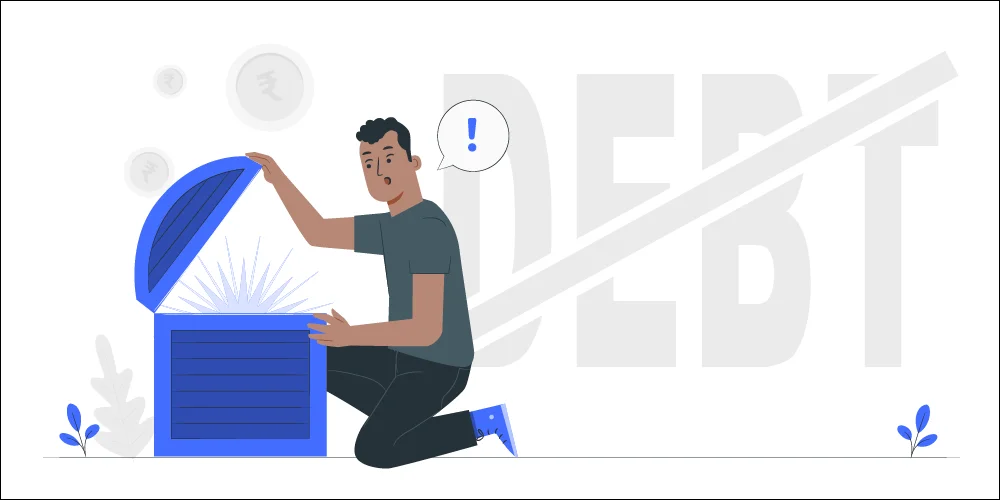


Leave a Comment